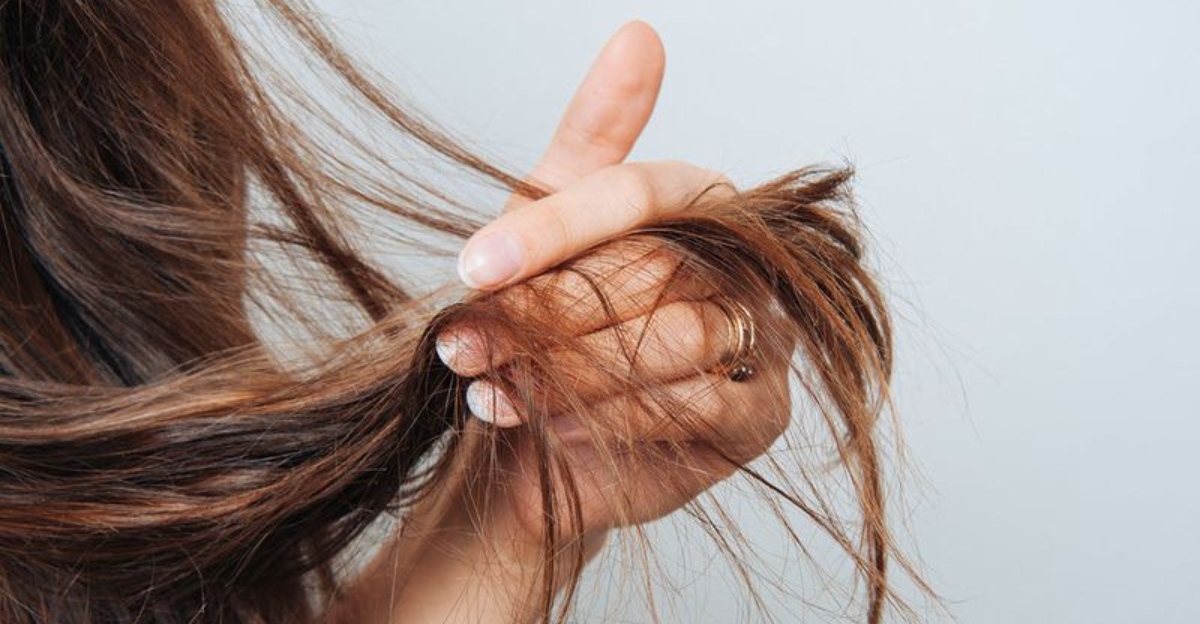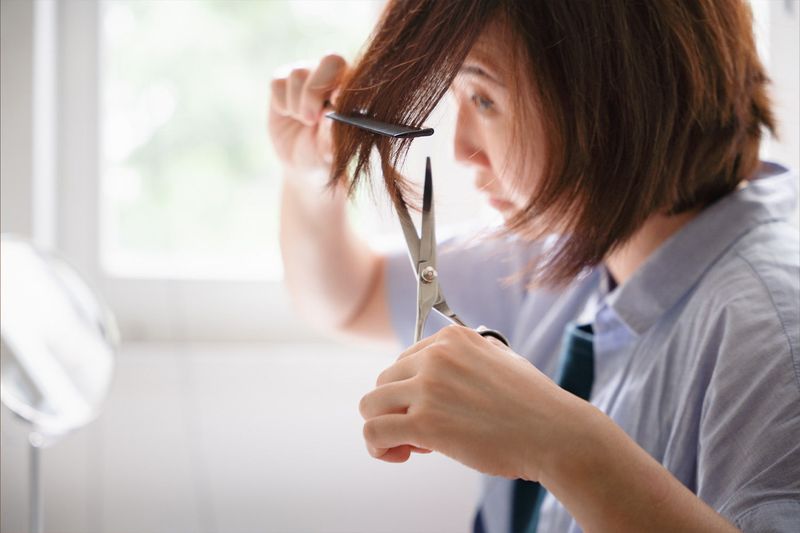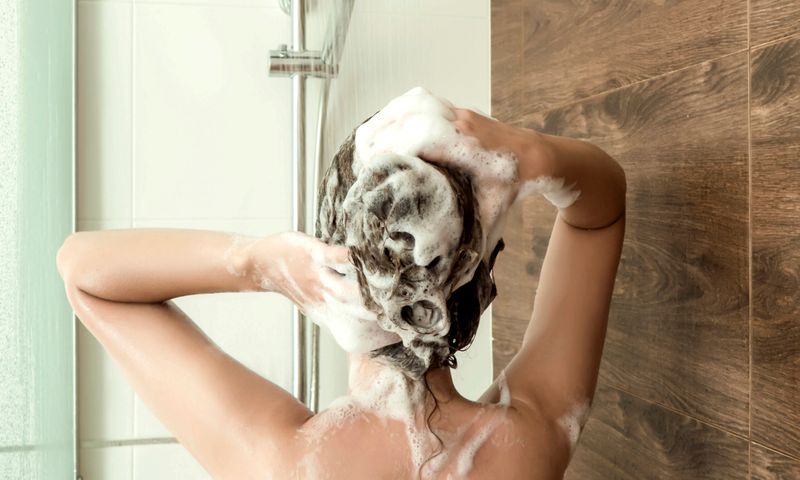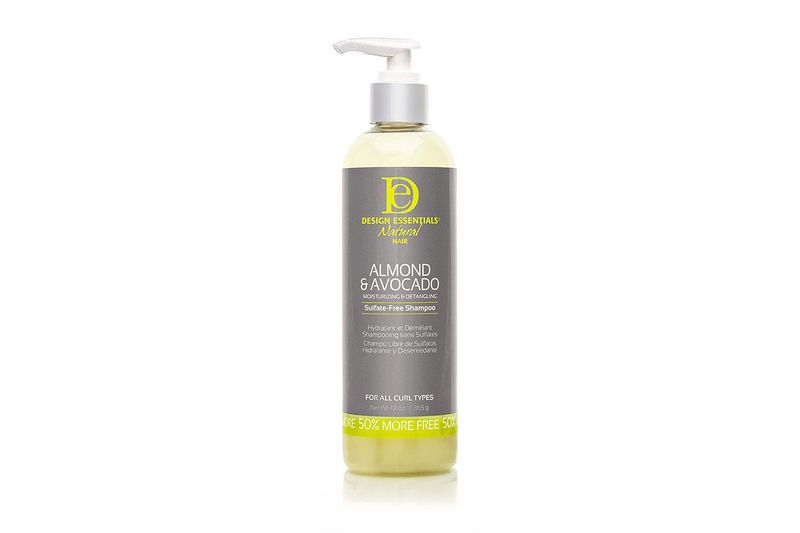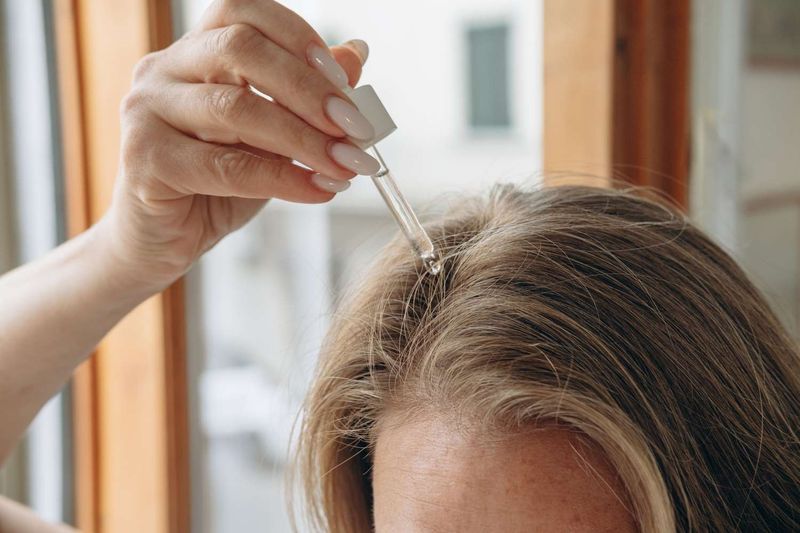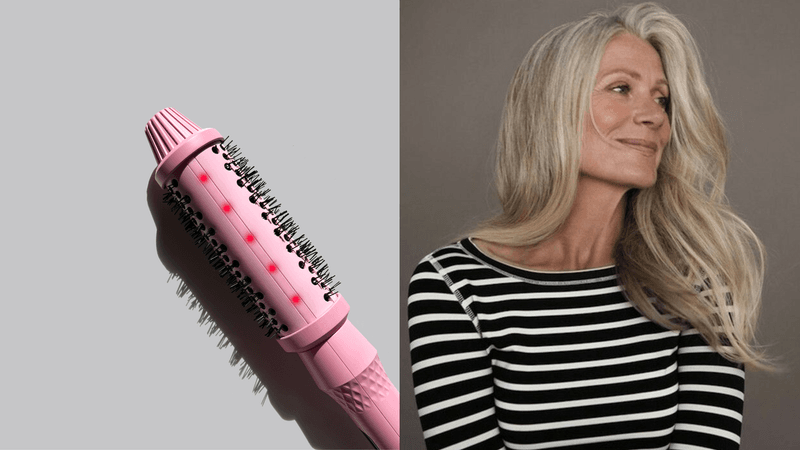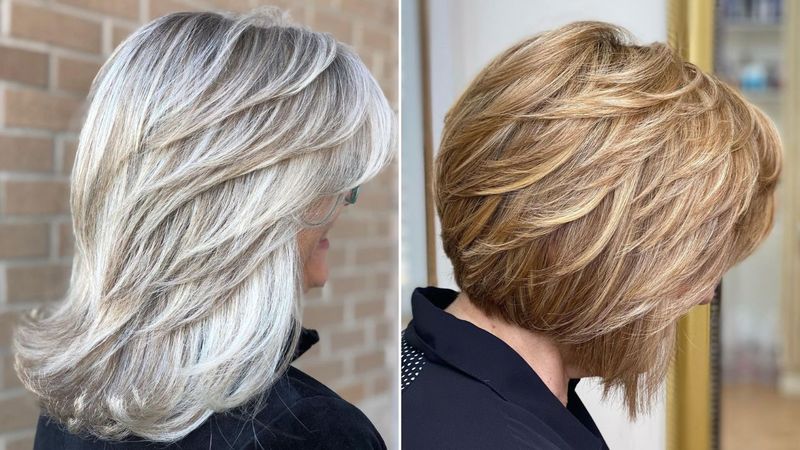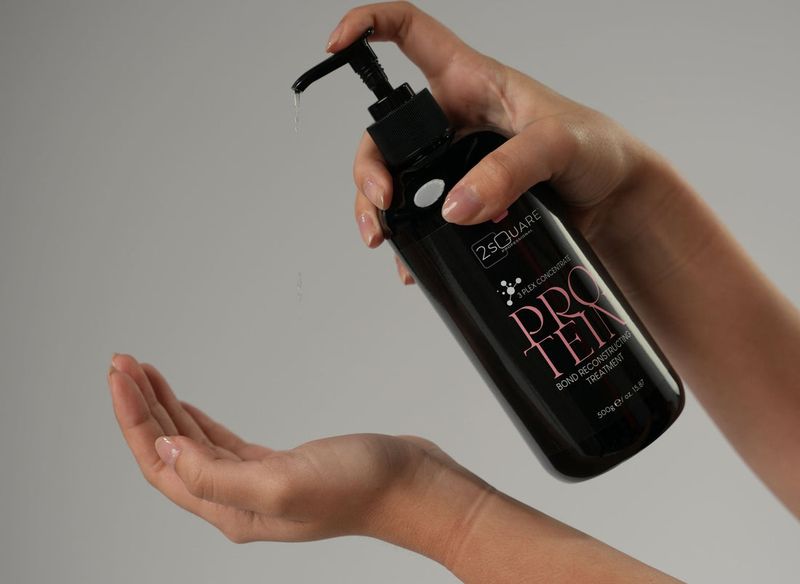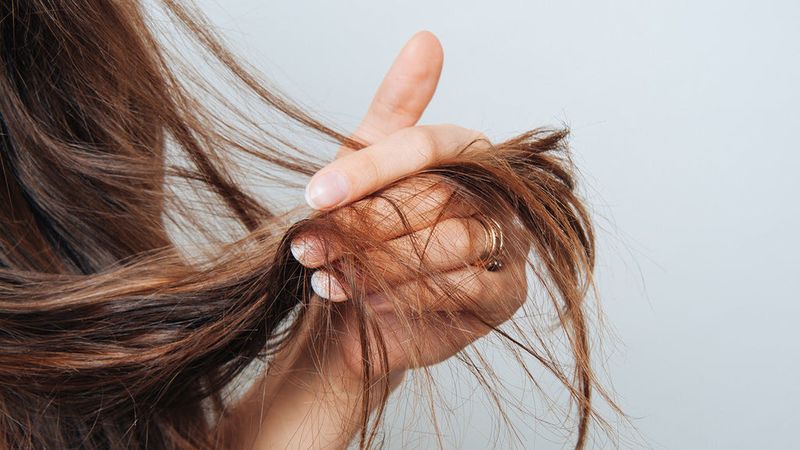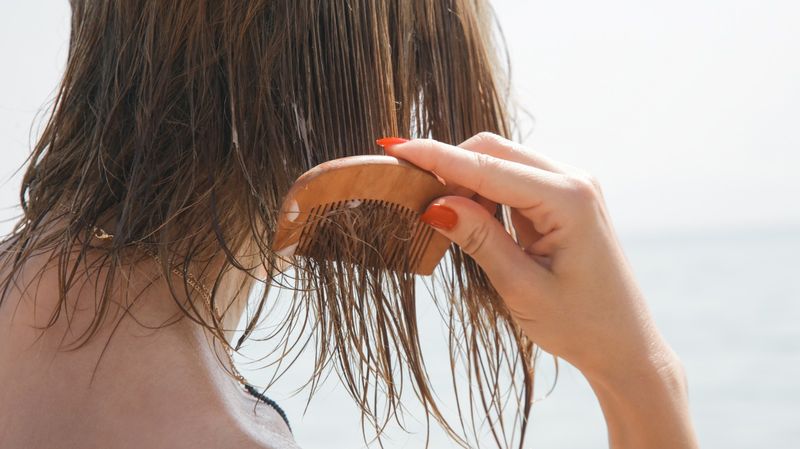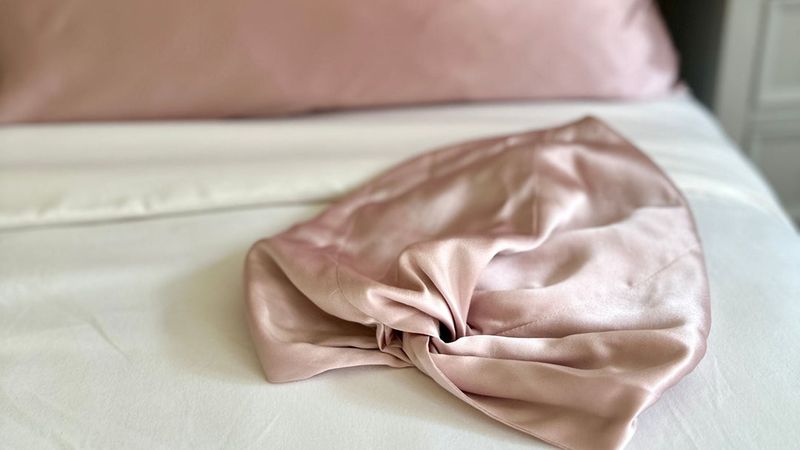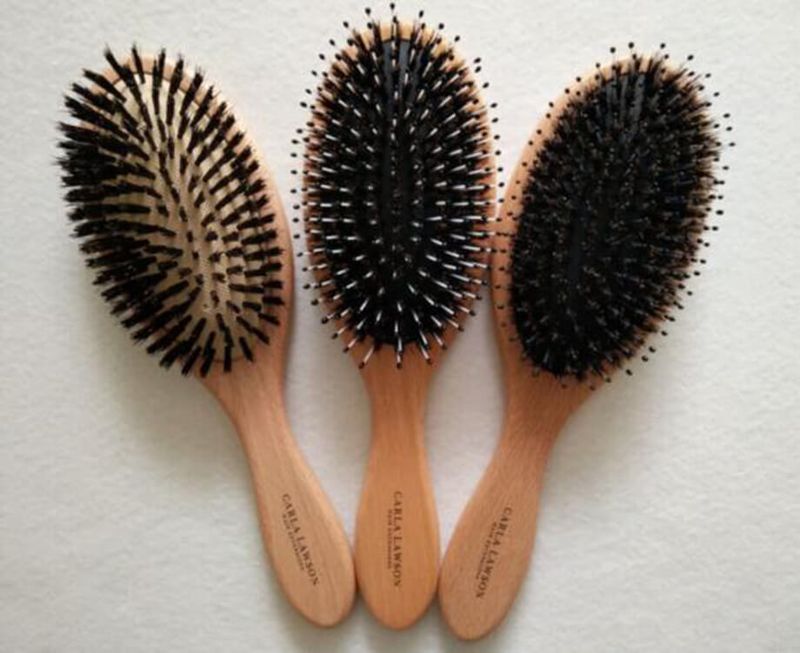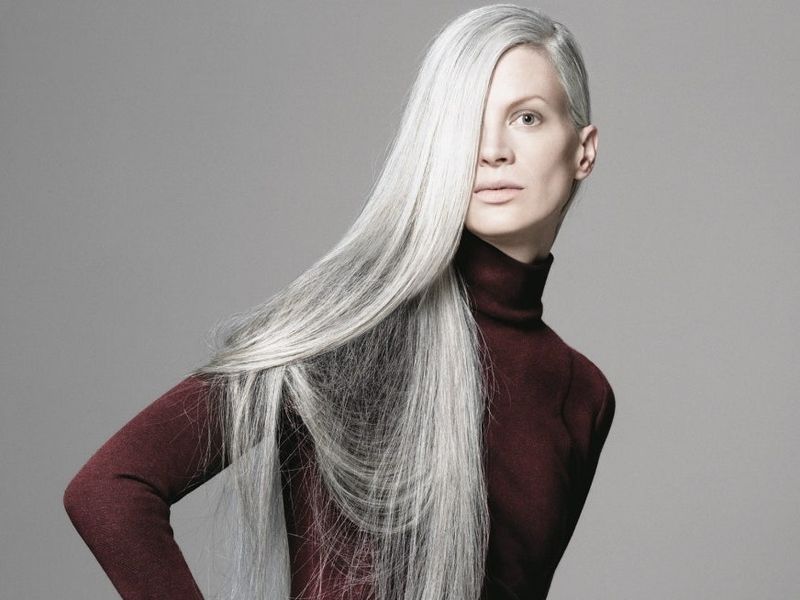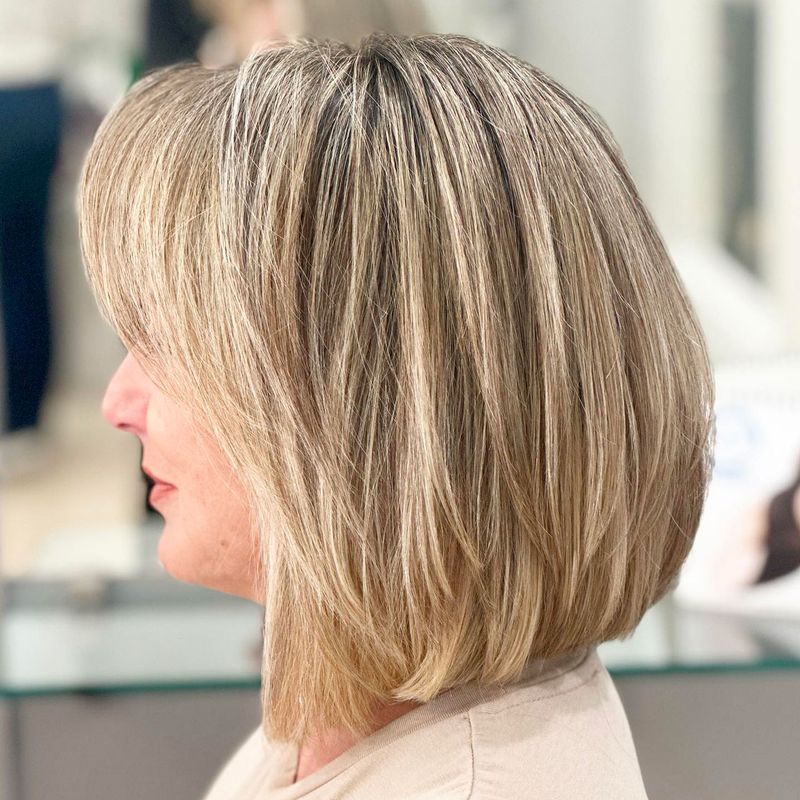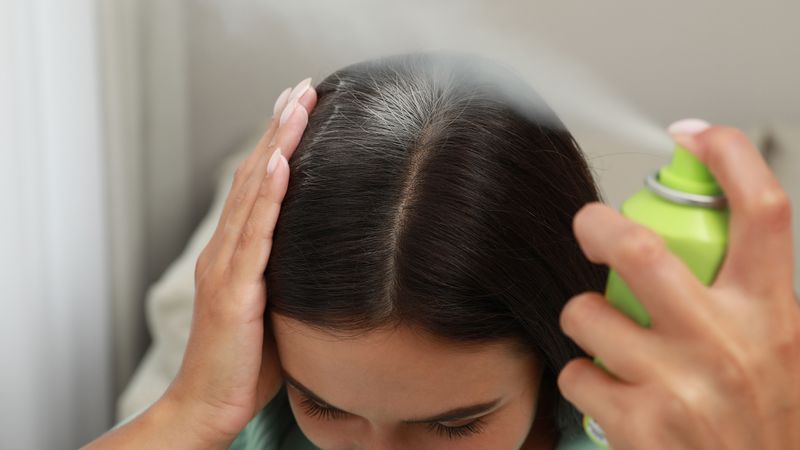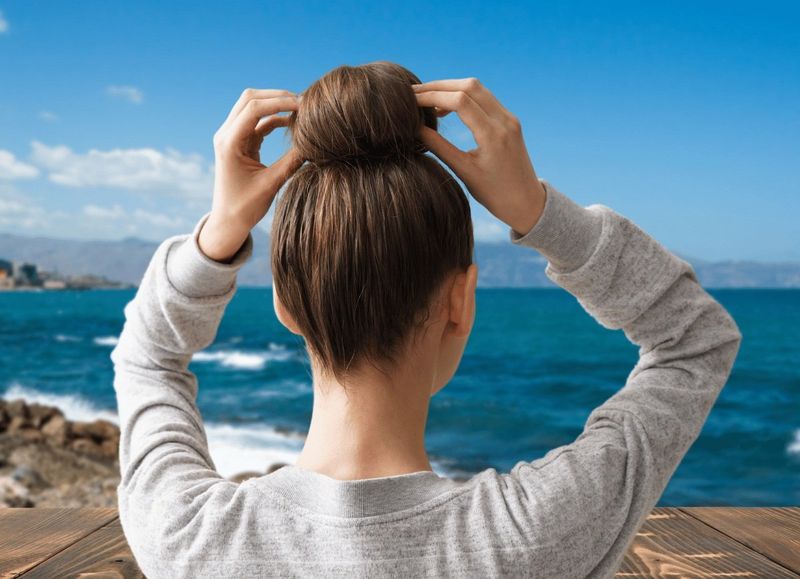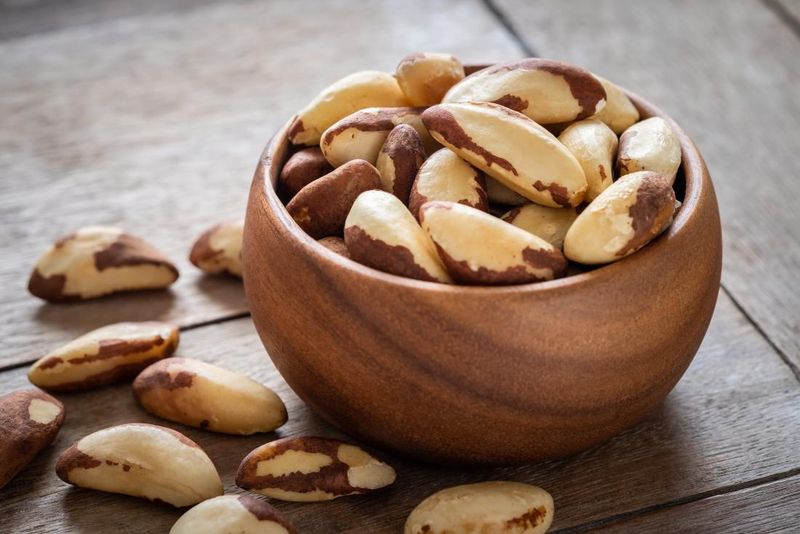Hair changes dramatically after 50, yet many women continue using the same routines they’ve relied on for decades. As we age, our strands become drier, thinner, and more vulnerable to damage. Understanding these common hair mistakes can transform your locks from lackluster to luminous, restoring confidence and style to your everyday look.
1. Skipping Regular Trims
Split ends travel up the hair shaft, creating more damage than you realize. Regular 6-8 week trims maintain healthier ends, even when growing your hair longer. Your stylist can remove damage while preserving length.
2. Washing Hair Daily
Post-menopause scalps produce less oil, making daily washing unnecessarily harsh. Try extending to every 2-3 days with dry shampoo between washes. Your natural oils actually protect aging strands from breakage.
Related: -7 Straight-Hair Problems No One Talks About And 8 Easy Fixes That Shine
3. Using Harsh Shampoos
Sulfates strip natural oils that mature hair desperately needs. Switch to sulfate-free, moisturizing formulas specifically designed for aging hair. Look for ingredients like argan oil, shea butter, and keratin.
4. Neglecting Scalp Care
Healthy hair starts at the roots! Aging scalps need exfoliation to remove buildup that blocks follicles. Try a weekly scrub or serum with salicylic acid. Your circulation improves, delivering nutrients to hair roots.
5. Overusing Hot Tools
Heat styling causes cumulative damage that aging hair can’t easily repair. Embrace air-drying twice weekly or use the lowest effective heat setting. A quality heat protectant isn’t optional – it’s essential protection.
6. Sticking to Outdated Styles
That perfect cut from your 30s might now emphasize thinning areas. Modern, layered cuts create movement and volume where you need it most. Face-framing layers soften features while boosting apparent thickness.
7. Forgetting Protein Treatments
Aging hair loses protein structure, becoming fragile and prone to breakage. Monthly keratin or protein treatments rebuild strength from within. Watch for improved elasticity – healthy hair stretches before returning to shape.
8. Ignoring Hair Porosity
Porosity determines how hair absorbs moisture – crucial knowledge for aging strands! Test yours by floating a hair in water. Sinking hair needs protein while floating hair craves moisture. Balanced treatments prevent breakage.
9. Skimping on Conditioning
Mature hair requires deep hydration to combat increasing dryness. Leave conditioner on longer – 3-5 minutes minimum. Focus on ends while avoiding roots. Weekly deep conditioning masks restore critical moisture balance.
10. Brushing Wet Hair Incorrectly
Wet hair stretches up to 30% before breaking! Start detangling from ends using a wide-tooth comb or wet brush. Patience prevents unnecessary breakage. Consider leave-in conditioner for easier combing.
11. Sleeping on Cotton Pillowcases
Cotton creates friction that damages hair cuticles while you sleep. Silk or satin pillowcases reduce breakage by 43%. The smooth surface prevents tangling and preserves moisture. Your morning styling becomes noticeably easier.
12. Using the Wrong Brush Type
Natural bristle brushes distribute oils from scalp to ends, crucial for dry aging hair. Avoid plastic bristles that create static and breakage. Boar bristle brushes stimulate scalp circulation while smoothing the cuticle.
13. Neglecting UV Protection
Sun exposure breaks down hair’s protein structure, especially in gray or color-treated hair. Use products with UV filters year-round. Hats provide additional protection. Antioxidant hair serums combat environmental damage.
14. Avoiding Haircuts Due to Thinning
Counterintuitively, keeping hair too long when it’s thinning creates a dragged-down appearance. Strategic shorter cuts create the illusion of thickness. Blunt ends appear fuller than wispy ones. Embrace volume-enhancing layers.
15. Overusing Dry Shampoo
While helpful between washes, dry shampoo buildup clogs follicles, potentially accelerating hair loss. Clarify weekly to remove residue. Apply mainly to roots, not lengths. Brush thoroughly to distribute product.
16. Tight Hairstyles Causing Traction
Ponytails, buns, and braids worn too tight damage hair follicles permanently. Traction alopecia often begins at temples and hairline. Loosen styles and vary placement daily. Consider fabric hair ties instead of elastics.
17. Ignoring Internal Nutrition
Hair grows from within! Protein, biotin, iron, and omega-3s are essential building blocks for healthy hair. Collagen supplements support aging hair structure. Hydration affects hair elasticity – aim for 64oz water daily.
18. Skipping Scalp Massages
Regular scalp massages increase blood flow to follicles, delivering nutrients for healthier growth. Try 3-5 minutes daily using fingertips or scalp massage tools. Add essential oils like rosemary for enhanced circulation.
19. Forgetting Nighttime Protection
Unprotected hair experiences friction during sleep, creating morning frizz and breakage. Try loose braids, silk scrunchies, or bonnets to minimize damage. The right nighttime routine means less styling time each morning.

